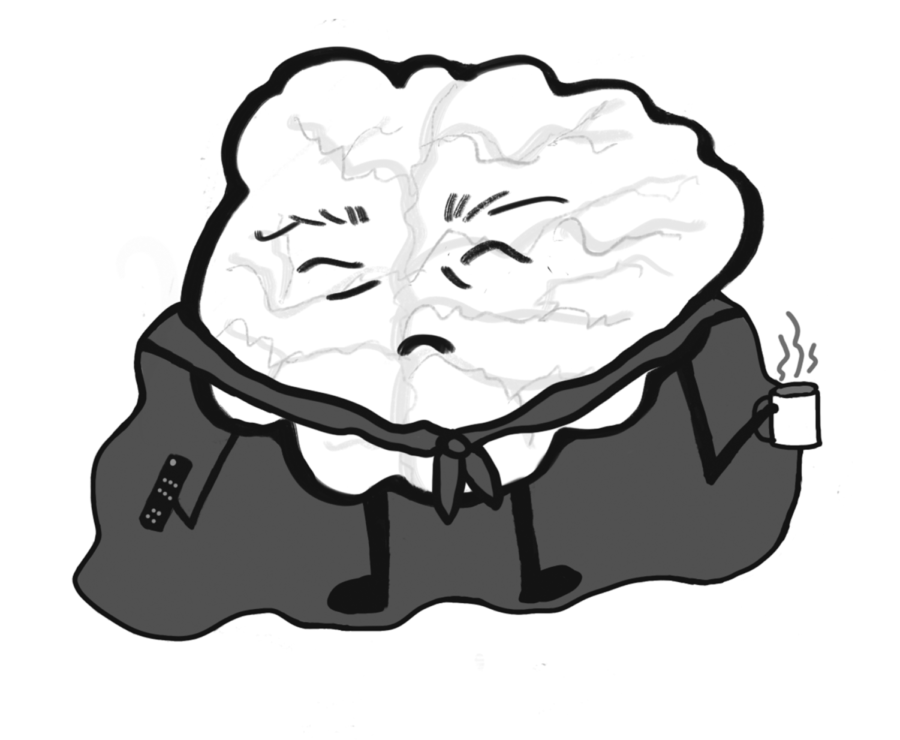Living in a post Roe v. Wade world, many people – particularly minorities – are scared for what the future may hold.
On Friday, June 24, 2022, the Supreme Court overturned Roe v. Wade, getting rid of the federally protected right for anyone to have access to an abortion. Since the ruling, each individual state has had jurisdiction over the legalization and accessibility of abortion for people residing in their state. Many have made seeking an abortion a criminal offense, limited access to it or are in the process of passing legislation to do so.
Following the overturning of this case, many anti-trans bills have also been passed, furthering the restrictions of minorities’ bodily autonomy.
Most recently, Tennessee passed a law banning all transgender healthcare for minors. The law garnered 26 senate votes to ban all accessible gender dysphoria treatment. No surgeries, no hormones, no hormone blockers. Not only did they place a ban on all trans care for minors, Tennessee also placed restrictions for adult media broadcasting, including, “male and female impersonators.”
Washington state still has trans and gender-affirming healthcare available for all, including minors, but the amount of anti-trans legislation in other states across the country is increasing. These bills have had widespread negative effects on trans people, especially youth. Because of the bill in Tennessee, trans youth will have to cycle off their hormones by March 31, 2024.
Because of a different bill, parents in Texas could be charged with child abuse for getting access to gender-affirming care for their children, and people across the country are losing access to trans healthcare that they need, with families already struggling to support their children.
When Roe v. Wade was overturned, many feminist activists were outraged, calling the ruling an attack on bodily autonomy. Eight months into the restrictions, 24 states have banned abortion, or are likely to do so, leaving many scared for what the U.S. may look like in the next few years.
Especially after the overturning of Roe v. Wade, but now with other state legislatures passing anti-minority laws, many are scared of what will happen in the future. The ruling set a precedent, as many thought previously that anti-abortion laws wouldn’t get enough support to pass. Now that they have, it seems anything could be on the table.
This year, the Supreme Court is set to revisit decisions that would affect voting rights, affirmative action and LGBTQ+ rights.
Everyday, minorities such as queer, BIPOC and trans individuals are becoming increasingly scared for what else could be passed in the future.





















